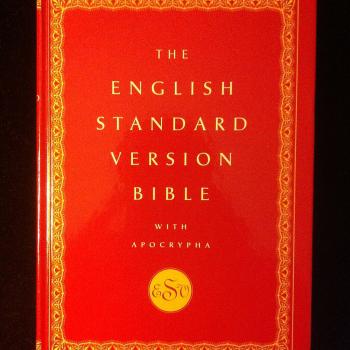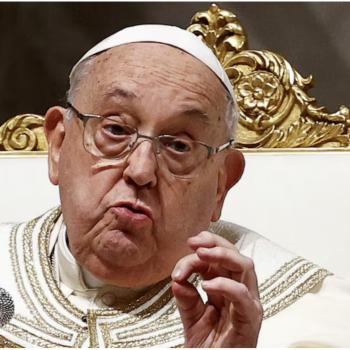Just as a person's life is sustained by bread, the bread is exemplifying that which the person's life is sustained for—clarifying and practically incorporating the reality of one's soul-identity into one's day-to-day activity.
Breaking Bread
This is why, according to Jewish law, when breaking bread it is preferable to bless on a roll or loaf that is whole and complete, and only then take off a piece to eat. This portrays the idea of going from the wholeness and clarity of the Garden of Eden to the fragmented state of non-clarity we presently find ourselves in. Then, as one eats the bread with the proper intent—for the purpose of using the energy the bread gives him toward good deeds and God-oriented activity as well as internalizing the deeper message behind the constant clarifications necessary in attaining edible "complete" bread—he brings God back to the center of the eating experience.
However, Shabbat is beyond all this.
On Shabbat, we bless on two whole loaves of bread and then take a piece off of only one of them while the other remains whole. This is because Shabbat is a mini-experience of the "complete" state of the World to Come (exemplified by the loaf of bread that remains whole) despite existing in this world of confusion where all must be broken down in order to clarify Good from Evil (exemplified by the loaf of bread that is broken into).





